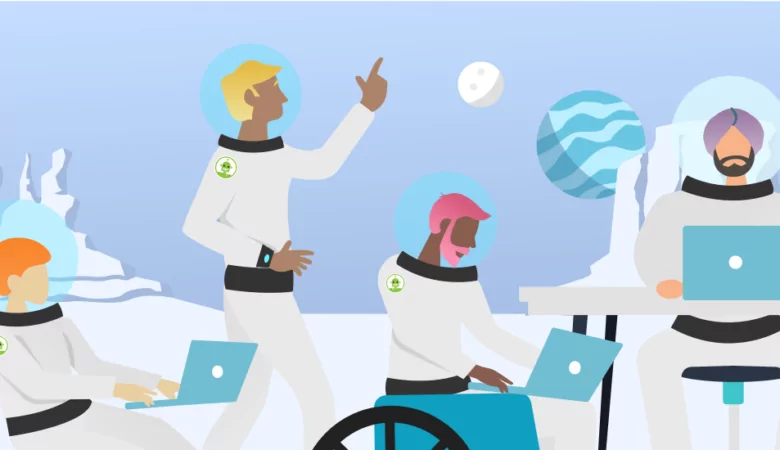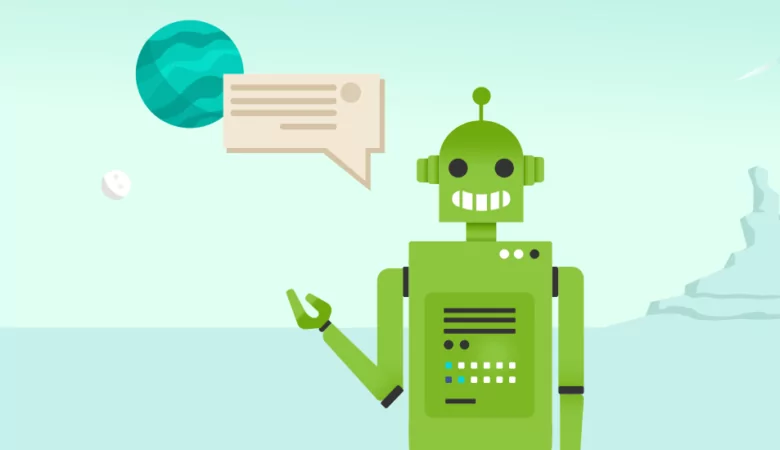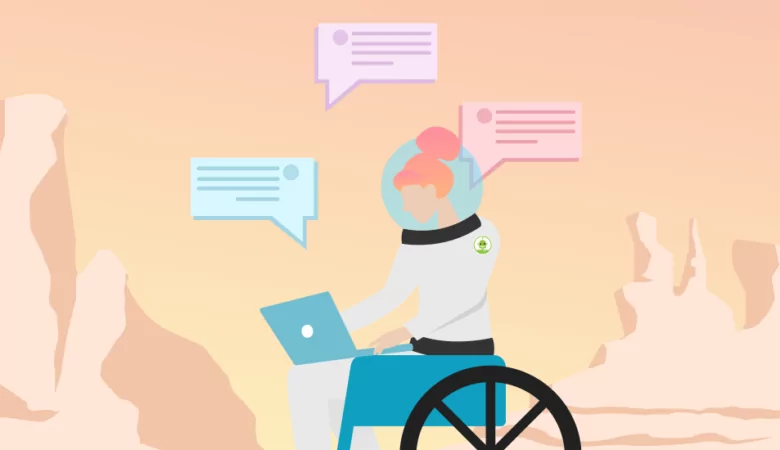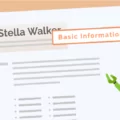At the end of an interview process, it’s best to ask the hiring manager questions about the role. Here are some questions to ask at the end of a job interview.
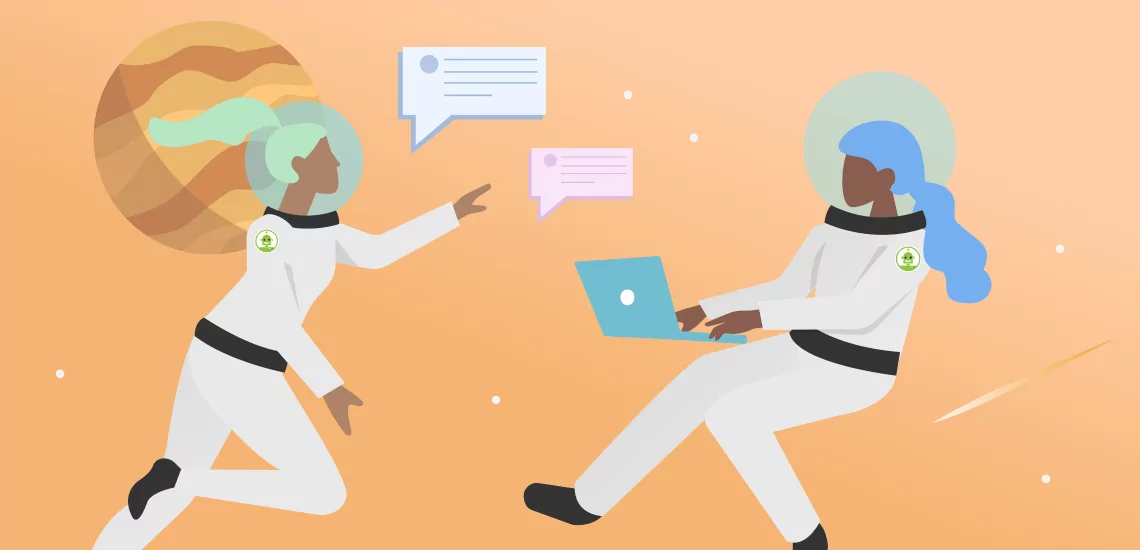
Top 5 Questions to Ask at the End of an Interview
Questions To Ask At The End Of Interview
You’ve just completed a job interview, and answered all the potential employer’s questions for you. You might think that there isn’t much else left to say. However, chances are the hiring manager will also ask if you have any questions for them at the end of the interview. Remember, interviews are a two-way street. You don’t just want to present yourself as the ideal candidate for the role. You can also ask the hiring manager questions of your own to see if this job offer really is a good fit for your career path. Asking specific questions can help you stand out against other candidates who simply answered all the interview questions and left, and reinforce yourself as a forward-thinking, proactive job candidate.
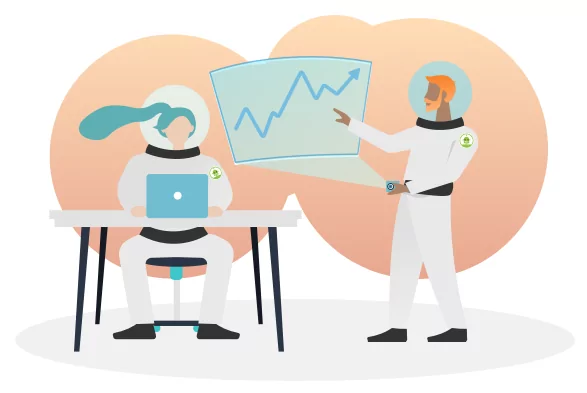
Why Do I Need to Ask Questions at the End of the Interview?
Recruiters will likely interview dozens of candidates that will have similar qualifications to you. Asking the interviewer the right questions about the company at the end of the interview can help you stand out from others, as well as provide valuable information about what it’s really like to work within the role you are applying for.
Top Five Questions to Ask at the End of Your Interview
How would you describe the current company culture?
This question can clue you into the company’s values and how well you would fit into the company overall. Working for a company with a work style you don’t gel well with can be detrimental to your overall career development.
Recruiters also handle employee-to-executive communication, so you can also learn a lot about how senior staff manages the rest of the team. If a company prioritizes employee satisfaction and a good work-life balance, then the recruiter will often tell you that directly.
What does a typical day look like for this role?
This question lets you know more about the day-to-day responsibilities of this new job. The hiring manager might even discuss tasks and duties that weren’t listed in the job description or on the company website.
You might even learn a bit about the previous person who worked in your position and how they carried out their daily responsibilities. This can prove to be especially valuable information should you be hired for the position later on.
What are some of the biggest challenges you face while working for this company?
The hiring manager’s personal experience can say a lot about what working for a company is really like. You can learn about the real pros and cons of a company from someone on the inside. It can also establish a sense of camaraderie between you and the interviewer, which in turn can make you seem more personable.
What career development opportunities does this role offer?
Your professional development can be just as important as landing a job. The company should offer a clear promotion path to follow and having at least an outline of what that looks like is always helpful. This question also shows that you are interested in staying with this company for a long time.
Can you tell me more about what you think a successful candidate looks like?
Most job seekers don’t want to come off as too cocky in a job interview, so they tend not to ask how they can be the most successful candidate. However, knowing the answer to this question not only can better shape your application, but also it gives you the opportunity to build off the hiring manager’s response.
For instance, you might delve into a work-related anecdote that relates to a specific skill set the hiring manager mentions to further prove that you are the best candidate for the job.
FAQs: Questions to Ask at the End of Interview
If you don’t hear back from an interviewer within a week or two, then don’t consider it a dead-end right away. You will want to follow up within a few days after the interview via a polite email. Reiterate your skills and work experience in a brief paragraph or two to remind the recruiter of how your interview went.
If you still don’t hear back, then don’t sweat. Even great candidates will sometimes be overlooked due to factors out of their control. Just carry on to the next job opening.
Asking questions at the end of your interview can also reveal a lot about a company’s ethics. If you find that the hiring manager can’t (or won’t) answer any of your questions directly, then this is a major red flag. The HR department is typically the center of the company, so if they can’t answer basic questions about what day-to-day life is like there, for example, then it’s best to move on with your job search.
Here’s a quick list of other red flags:
- “We’re like a family here”, “We wear many hats”, or other catchy phrases that don’t answer your questions
- Asking too many personal questions unrelated to the role
- Duties aren’t outlined clearly
- Late or unprepared interviewer
It will help to look up the most common interview questions beforehand. Many hiring managers can tell the difference between someone who is prepared and someone who isn’t. You should also research more into the company and what the role entails. If you are able to pull keywords from the company’s mission statement or job description, then it can display your dedication to the role at hand.
